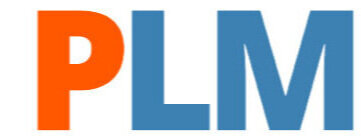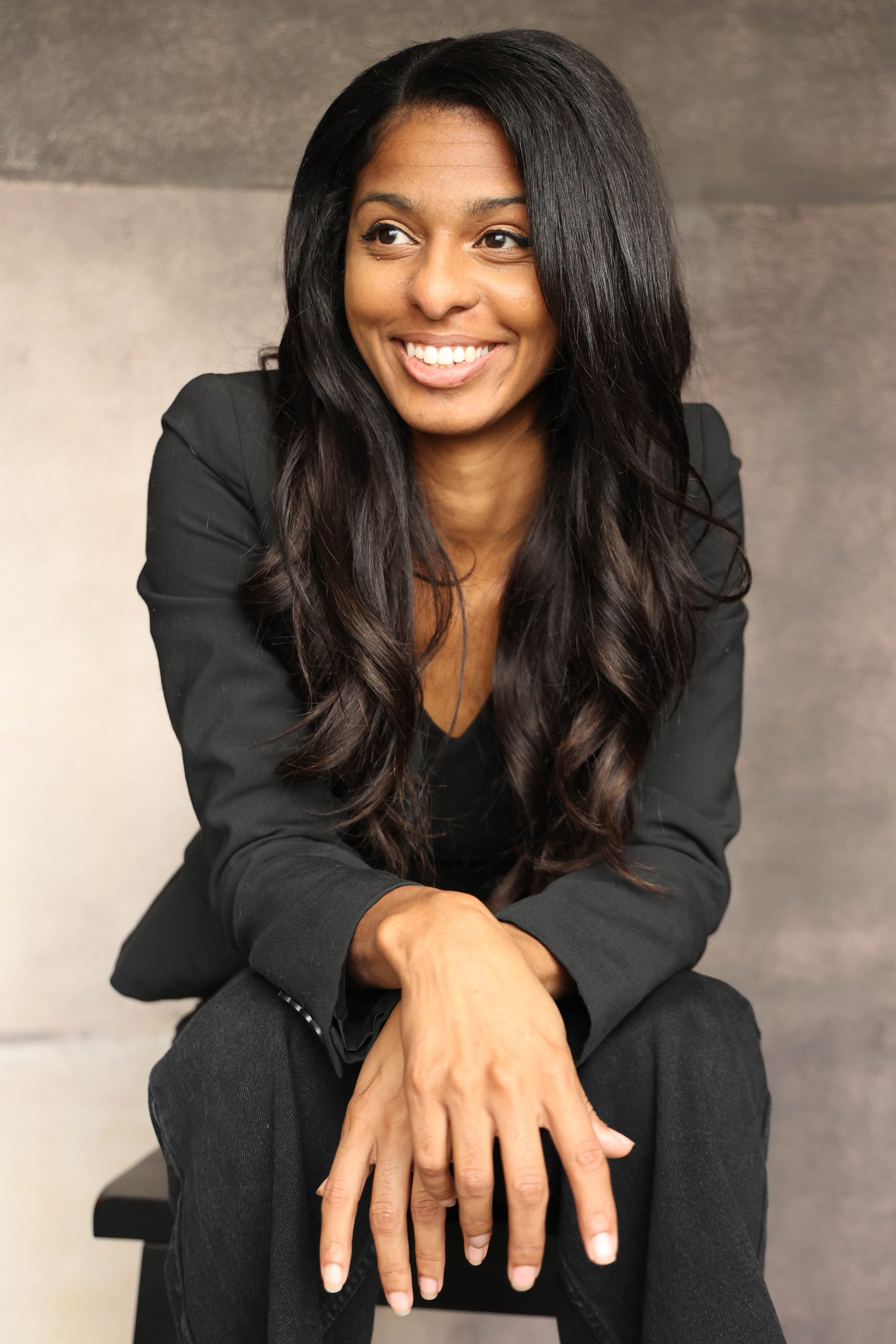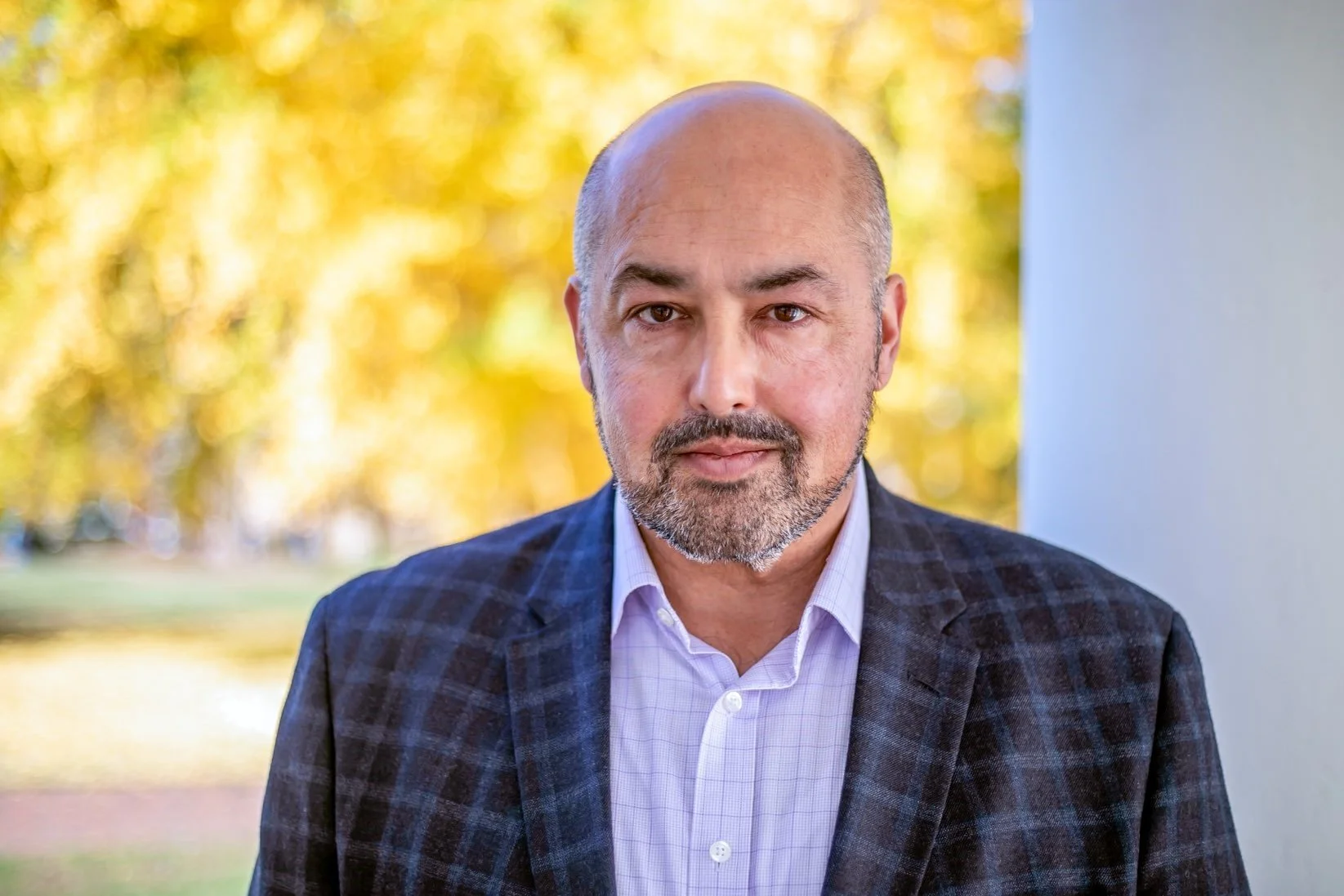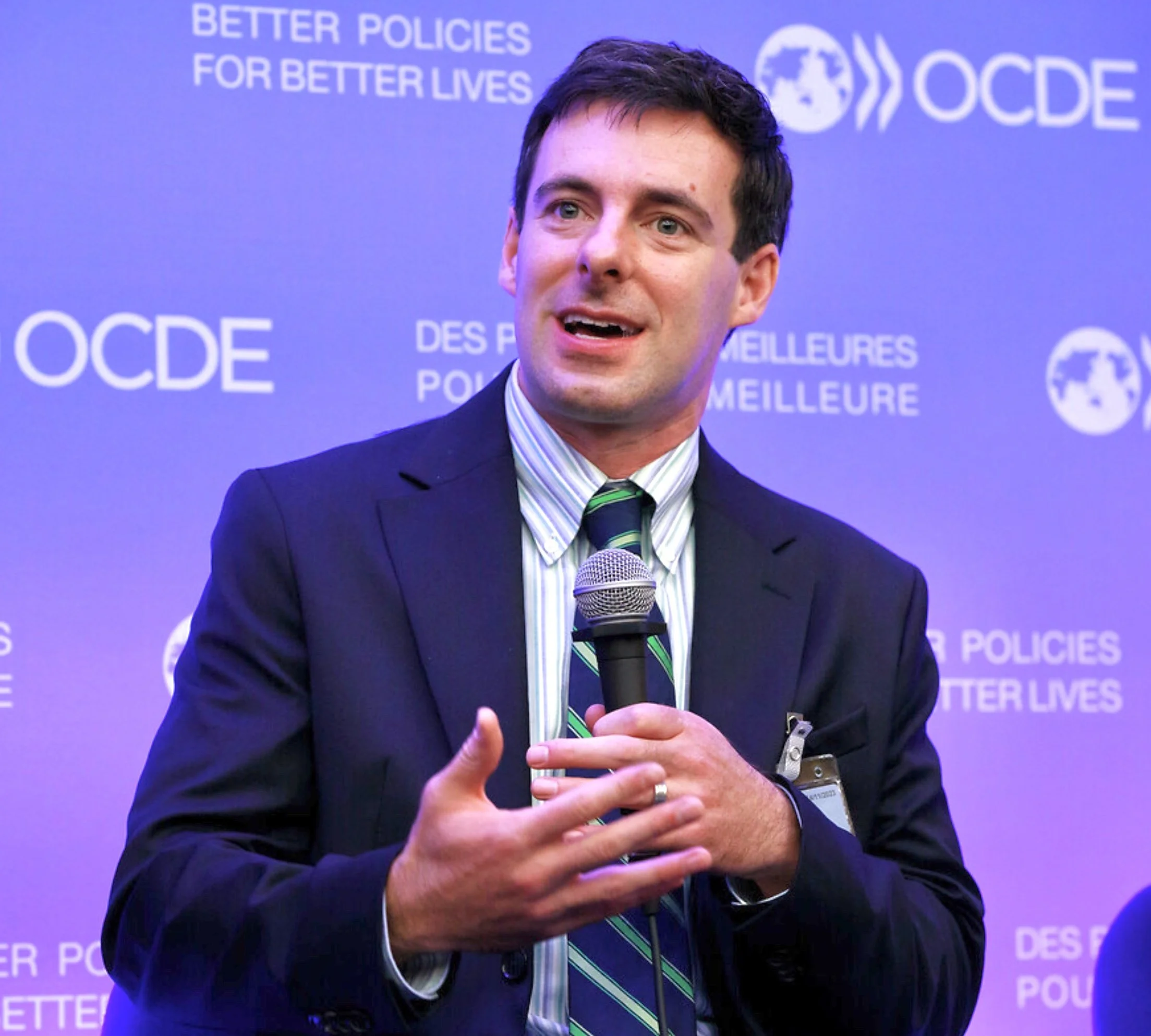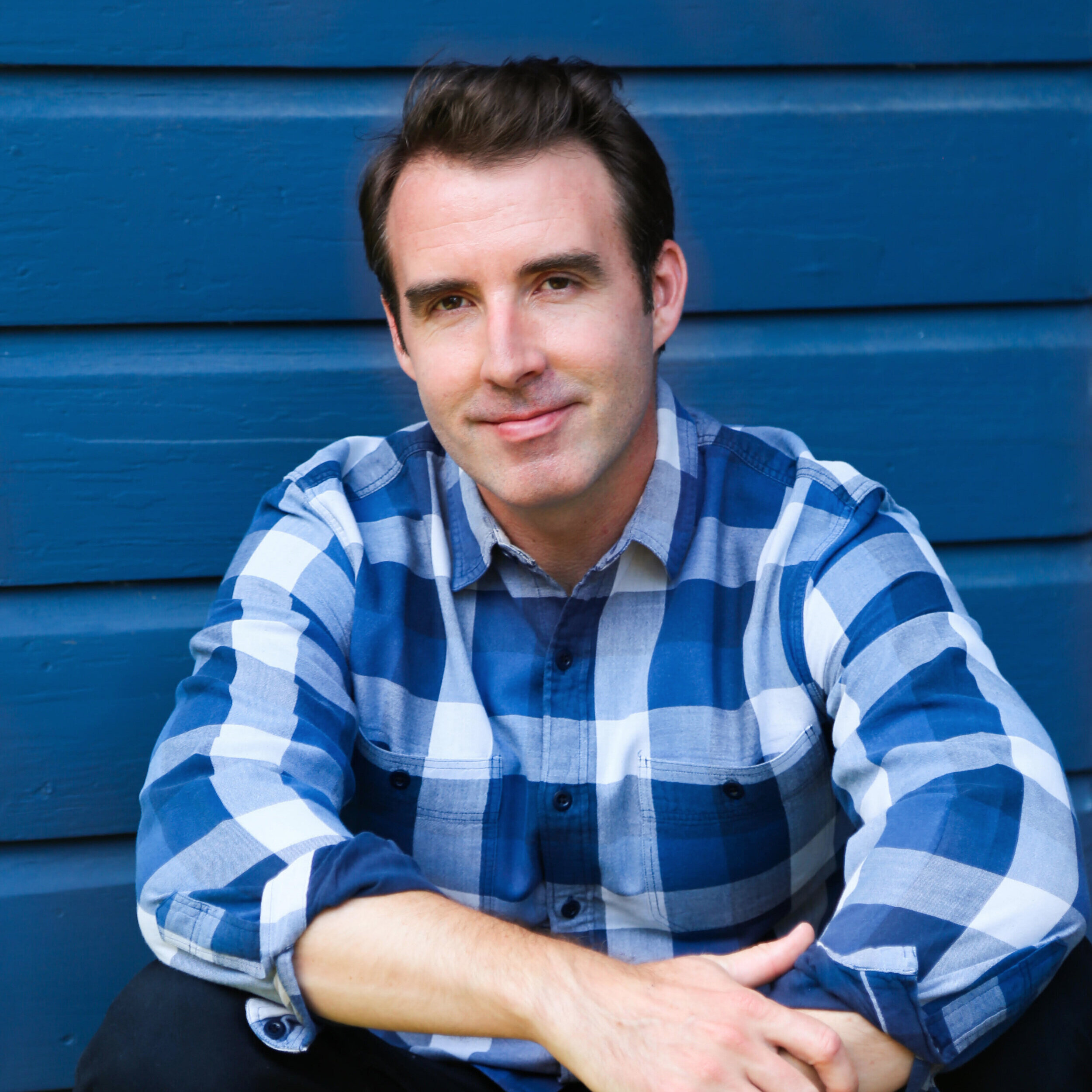AI, Technology, and The Human Future
"We use these technologies thinking they’re democratic. But at the same time that the companies are optimizing for maximum profit, they're telling us that these systems are neutral, that they're reliable information resources. Nothing could be further from the truth."
Dr. Tiera Tanksley is a Senior Researcher whose work examines the socioemotional, mental health and academic impacts of digital and artificially intelligent technologies on Black youth. Her work examines anti-Blackness as the “default setting” of schools and school-based technologies, including GenAI chatbots, facial recognition systems, weapons detection systems, and more.
“I build technologies that remember—so the world can’t forget. Each line of code holds a testimony, each archive a reckoning. My work gathers what injustice tried to erase, and reimagines what justice has yet to be.”
“My top priority today is to get the public to understand that the technologies that arrive in our lives are not given. We get to resist, and we get to insist that they be better to us and better for us.”
"Noah’s contribution caused the scales to fall from my eyes and to wonder if I had finally – after much searching – found the elixir of media literacy." —Janette Ballard, award-winning documentary film director and media literacy consultant
"We can only prepare for a future that we've considered in advance."
“The future isn’t something that happens to us. We create it. We created AI, and we’re going to decide how we want to use it.”
What can Rome teach us about the rise of artifical intelligence? Quite a lot actually! Acclaimed historian, archeologist, and author Doug Boin provides a perspective on AI at the intersection of education, technology, and storytelling based on our collective history and decades of innovative classroom strategies that support the cultivation of critical thinking and creativity.
Andrea Freeman is a national and international expert on the intersections of race and food policy, health, and consumer credit. An acclaimed author of two books, she is currently at work on a new project about the intersection of consumer credit, policy, and technology.
